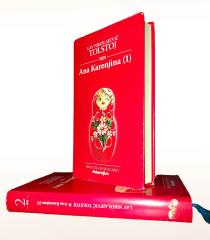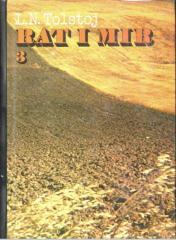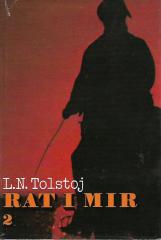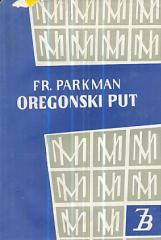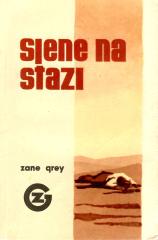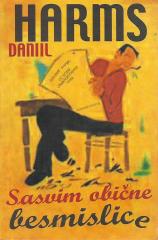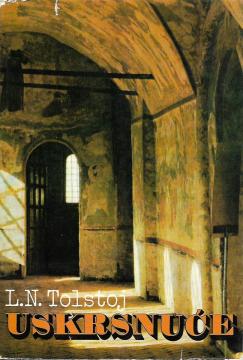
Uskrsnuće
Tolstoj u svom posljednjem velikom romanu Uskrsnuće (1899.) spaja književnu umjetnost s dubokim moralnim i filozofskim razmišljanjima, čineći ga ključnim djelom svog kasnog opusa.
U carskoj Rusiji, Dmitrij Nehljudov, aristokrat uživa u privilegijama, dok mu prošlost blijedi u sjećanju. Sve se mijenja kada na sudu, gdje služi kao porotnik, prepozna Katushu Maslovu, optuženu za ubojstvo. Ona je nekada bila nevina djevojka koju je zaveo i napustio, ostavivši je trudnu i bez podrške, što ju je gurnulo u prostituciju. Taj susret potresa Nehljudova, budeći osjećaj krivnje i pokrećući ga na put moralnog preispitivanja. Odlučuje napustiti lagodan život i pratiti Katushu u progonstvo u Sibir, tražeći iskupljenje.
Putovanje otkriva surovost pravosudnog sustava, nepravde zatvora i licemjerje društva. Kroz susrete s drugim zatvorenicima, Nehljudov shvaća duboke društvene nejednakosti, dok Katusha prolazi vlastitu duhovnu transformaciju. Roman istražuje teme kajanja, pravde i duhovnog buđenja, odražavajući Tolstoyev kršćanski anarhizam i pacifizam.
Uskrsnuće je kulminacija Tolstojevog kasnog stvaralaštva, gdje se udaljava od epske širine Rata i mira i intimne psihologije Ane Karenjine, fokusirajući se na moralnu reformu i kritiku društvenih institucija. Djelo odražava njegovu radikalnu filozofiju, prožetu idejama o jednostavnom životu i odbacivanju materijalizma.
Roman je izazvao kontroverze zbog oštre kritike crkve, vlade i pravosuđa, što je dovelo do Tolstojevog izopćenja iz Ruske pravoslavne crkve 1901. Čitatelji i kritičari bili su podijeljeni: jedni su hvalili njegovu moralnu dubinu, dok su drugi smatrali da je previše didaktičan. Ipak, roman je imao globalni utjecaj, inspirirajući rasprave o pravdi i humanosti, a danas se smatra klasikom koji osvjetljava Tolstojevu viziju pravednijeg svijeta.
No copies available
The last copy was sold recently.
